A cold or a bout of flu can put a serious damper on life but there are ways to stop them in their tracks.
Editor Jane Garton suggests some winter lifestyle tweaks and the herbs to look out for if you start to sniffle and sneeze.
It’s that time of year again when winter bugs and viruses seem to be around every corner. Hot busy shops, and overcrowded buses and trains are just the places where they like to linger.
Prevention:
To escape going down with a cold or flu the best route is prevention rather than cure. This means following a healthy, well-balanced diet, taking plenty of exercise and getting enough sleep to ensure your immune system is strong enough to stand up to any infection.
Try also to address any areas of stress in your life, as stress is a sure-fire way of depleting immunity leaving you open to infection.
And don’t forget to drink around two litres of water throughout the day to help flush out toxins from the body and keep your mucous membranes healthy.
If you do succumb here are some herbs and supplements that can help you to fight back.
Echinacea
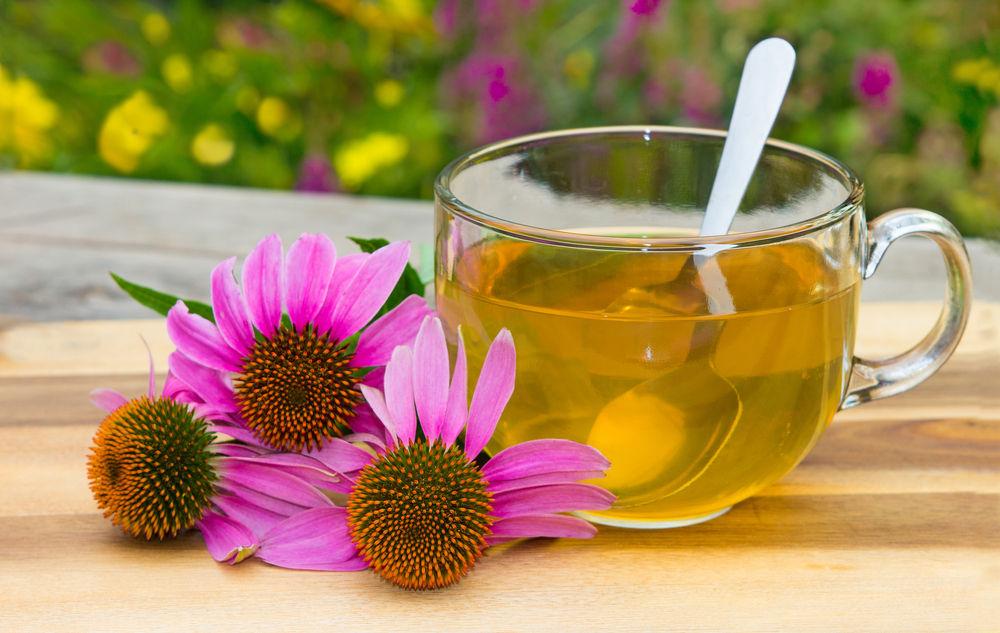
Echinacea has proven antibacterial and antiviral properties and is thought to help increase the number and activity of your white blood cells involved in fighting off infection. Take it on an ongoing basis to protect against a cold and in higher doses if you start to cough and sneeze.
Pelargonium
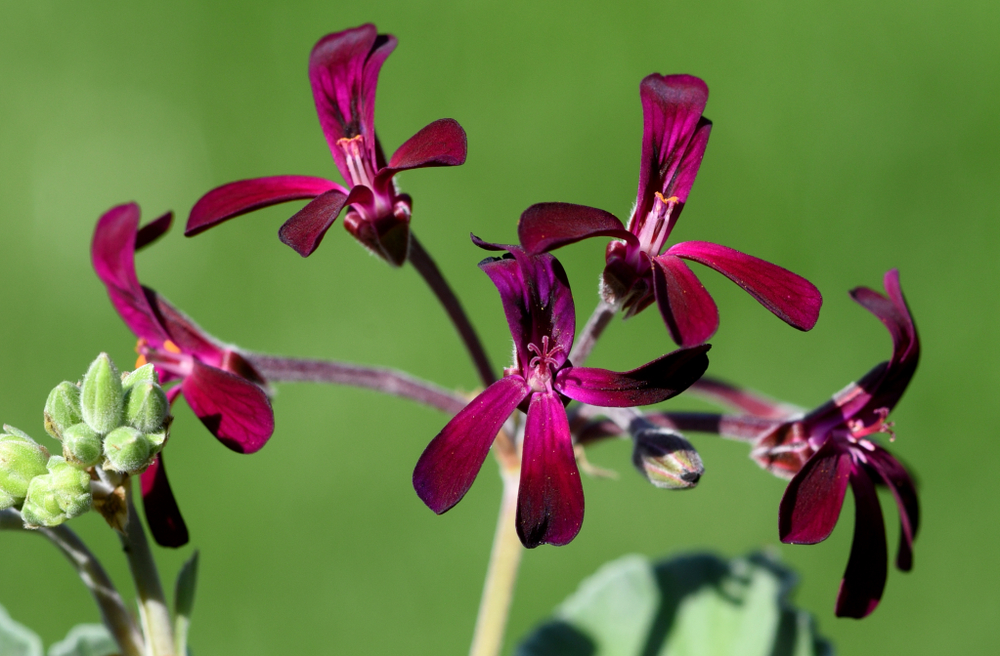
Start to use pelargonium at the first sign of a sniffle or a sore throat. Research shows it helps to kick-start your body’s natural killer cells as well as helping to relieve typical cold symptoms such as a sore throat and nasal congestion. It may also put a stop to secondary infections such as bronchitis
Ginger
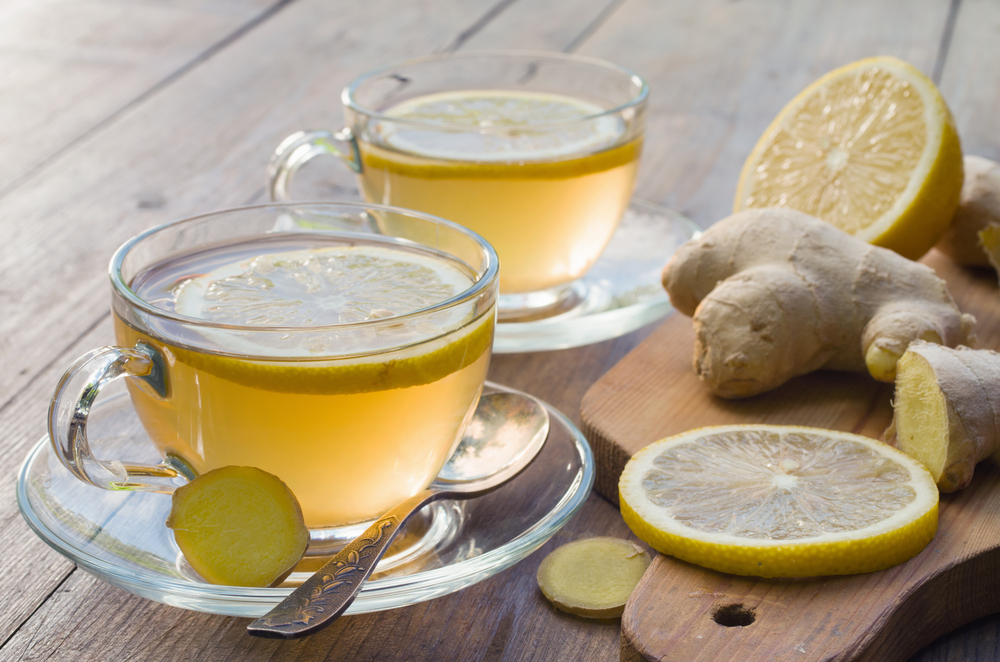
Ginger is a wonderfully warming and invigorating herb that can help support immunity. You can take it as a capsule or in a tea – simply grate some ginger root into a cup, cover with boiling water and sip slowly.
Vitamin C
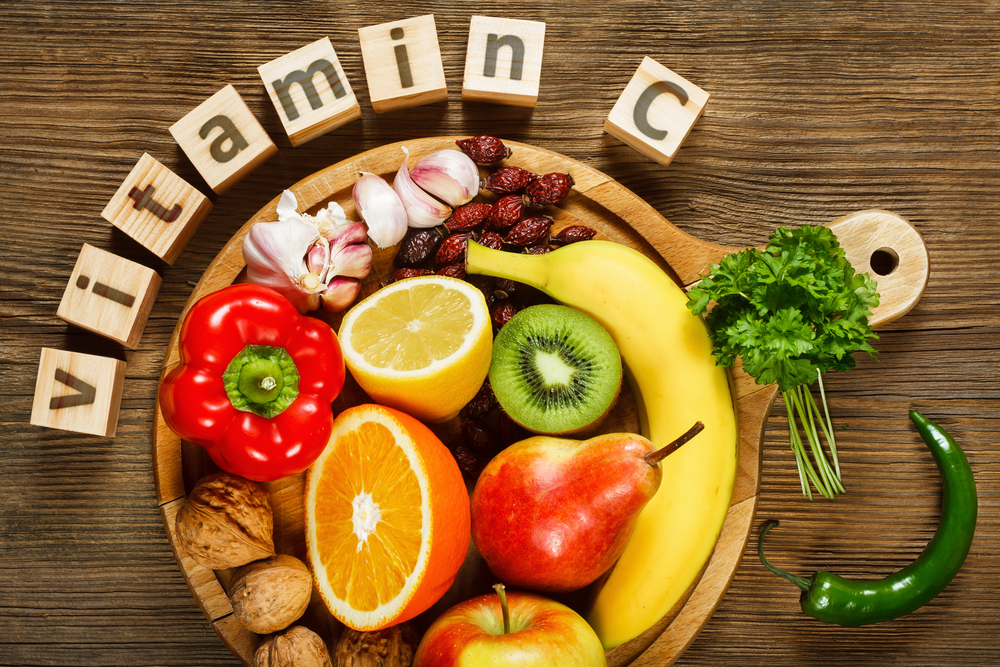
Countless studies show that vitamin C helps boost the production of infection-fighting white blood cells. Look out for supplements containing bioflavanoids as these can enhance vitamin C absorption.
Eucalyptus or myrrh essential oil
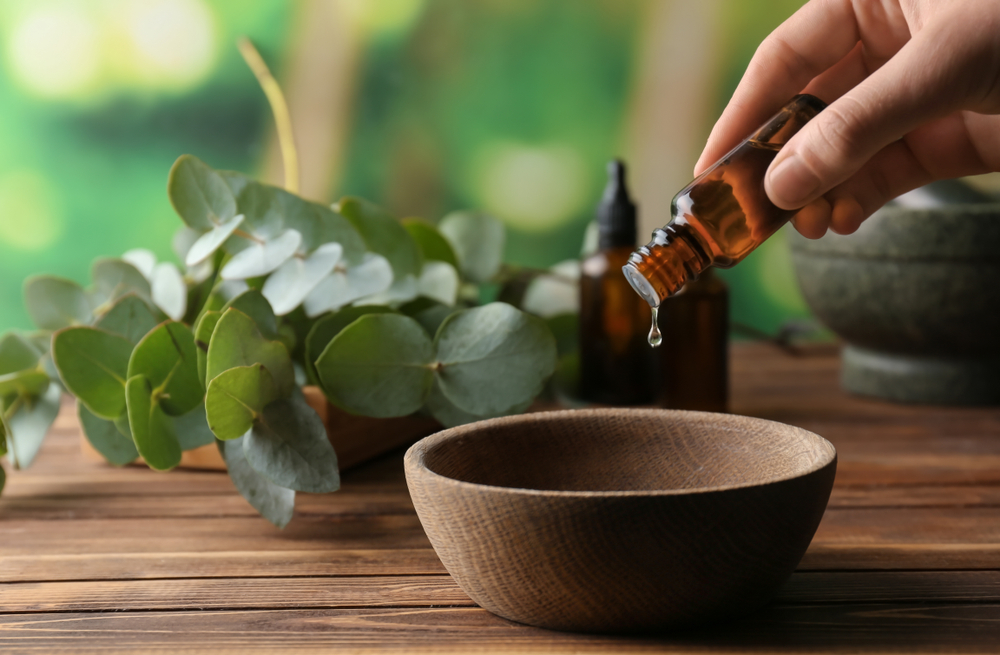
These essential oils these can help loosen mucus and ease congestion. Add 3-4 drops to a bowl of steaming water. Cover your head and the bowl with a towel and inhale.
Zinc
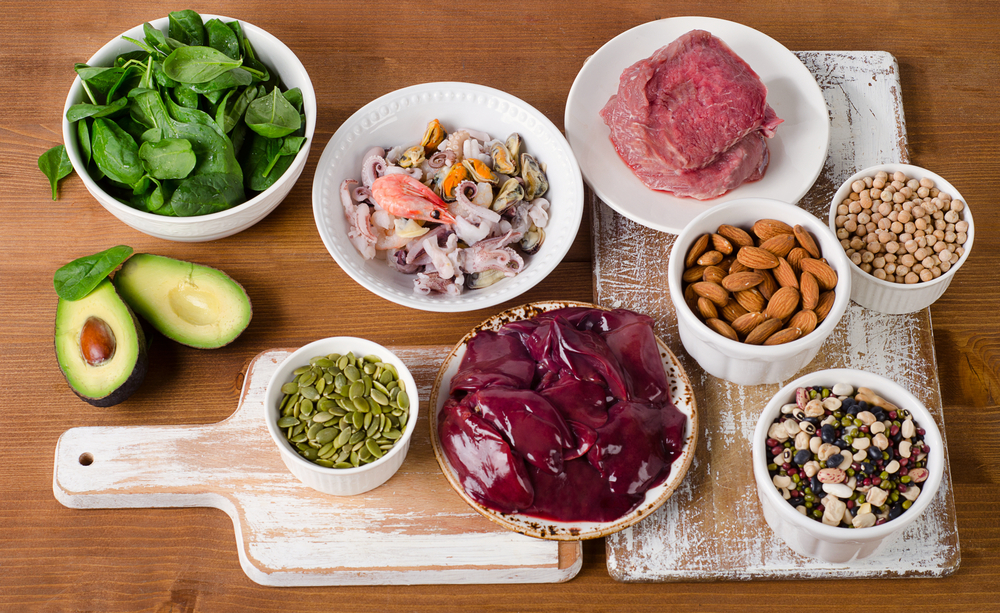
There is some evidence to suggest that taking zinc supplements can help you to recover faster from a cold as well as making symptoms less severe. Sucking zinc lozenges at the first hint of a sore throat may help shorten the duration of the infection.
5 ways to keep warm this winter

- Sip a cup of warming ginger tea to beat the chill. Cinnamon, echinacea and clove are other good brews to look out for.
- For a quick body warm-up add a few drops of pine, cedar, lavender, or orange essential oils to your bath water.
- Dress in layers and wear a hat, gloves and scarf when going out. Clothes made from wool, cotton or fleecy fabrics are the warmest. Wear woolly socks and slippers indoors to keep your feet cosy. Wearing bed socks and thermal nightwear can also help you stay warm in bed.
- Keep as active as possible to boost your circulation. Move around at least once an hour and avoid sitting still for long periods. Even light exercise will help to keep you warm.
- Invest in a soft fleecy blanket and wrap yourself up indoors when the going gets cold outside.
























Add comment